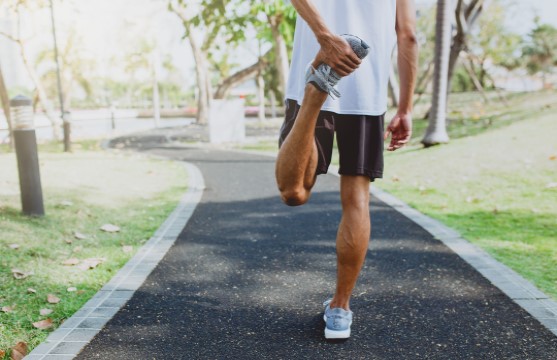Lifestyle and Psoriasis
Fnd out what works for you
There’s no ideal psoriasis diet. Different people have identified certain foods, which can trigger a flare-up – but this is unique to each person. Making a note if you experience a worsening symptom after eating will help you to identify which foods to avoid. By keeping track of food items that may exacerbate your symptoms, you can be better equipped when it comes to grocery shopping or ordering out at your favourite restaurant.
Like other conditions, there are certain factors that may contribute to worsening symptoms of plaque psoriasis and impact its treatment such as, a high body mass index, drinking alcohol, and/or smoking.
Keeping an active lifestyle


Exercising and staying active can help to reduce the symptoms of psoriasis and improve your mental well-being. It’s always best to find an activity that you enjoy. No matter what you like, walking, yoga or even time outdoors with your loved ones, you can start slowly and increase your efforts with time.
A training partner or team can help you to stay motivated. If you don’t feel comfortable exercising outdoors, it might be worth finding something you can do at home. Even 10–20 minutes a day can make a difference.
Remember: It’s all about small victories, sticking with it, and doing what feels good to you.
Other associated conditions
Psoriasis is a systemic disease. This means it doesn’t just impact the skin but affects many areas of the body. As a result, you may have an increased risk of experiencing the following additional diseases:
- Cardiovascular disease
- Obesity
- High blood pressure
- Metabolic syndromes (e.g. diabetes)
- Diabetes
- Chronic inflammatory bowel disease
- Diseases affecting the joints (e.g. psoriatic arthritis)
- Depression
This site is intended for Canadian residents only. The content on this site is not meant to replace the guidance of a healthcare professional.
Send your Feedback!
Would you recommend the UCBCares website to other visitors?